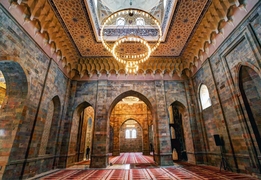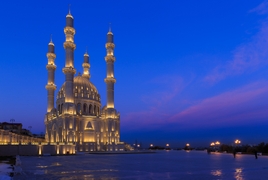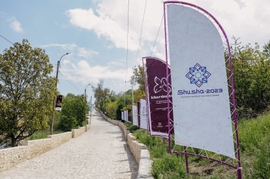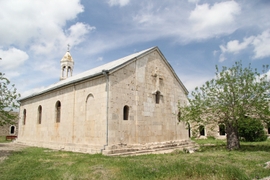Along with millions of Orthodox Christians worldwide, Christians living in Russia celebrated the Julian calendar Christmas this Friday amid restrictions aimed at curbing the spread of the coronavirus.
The festive church worship services were held across Russia late on January 6 and brought together believers, who commemorated the birth of Jesus, Christianity’s central figure, and marked the end of forty-day fasting. Roughly 1.4 million Orthodox Christians flocked to temples, where they joined festive processions singing hymns and participating in the liturgy.
Meanwhile, this year’s celebrations come amid multiple restrictions implemented due to the global coronavirus pandemic. Before the holiday, the Russian Orthodox Church addressed worshipers requiring them to wear masks and observe social distancing at Christmas services.
At The Savior Cathedral, the largest cathedral of the Russian Orthodox Church, church leader Patriarch Kirill, and other gold-robed priests chanted prayers and waved incense-smoking containers during a midnight service.
Patriarch Kirill of Moscow said people entering and enjoying the atmosphere of Christmas should ask themselves what Christ means to them. He further added that people should not only rejoice in the atmosphere of the holiday but also remember its essence.
“After all, with the coming of Christ, a colossal worldview, a global revolution took place,” Patriarch Kirill said in an interview aired on the Rossiya-1 television channel. “He indeed opened the way for us to human happiness.”
Orthodox Christians in Russia celebrate Christmas on January 7 as the Russian Orthodox Church, one of the largest autocephalous Eastern Orthodox churches globally, uses the Julian rather than the Gregorian calendar. The Julian calendar created by Julius Caesar dates back to Roman times. Currently, the difference between the Gregorian calendar and the Julian calendar is 13 days.
Christmas is seen in Christianity as the manifestation of a holy power that helps to strengthen unity amongst people. During this holiday, Christians in Russia, which account for 75 percent of its population, assemble to pray, enjoy a big feast with family, give gifts to one another, and decorate homes with figures of angels, stars, and nativity scenes.
Russian Christmas celebrations traditionally start on Christmas Eve called “Sochyelnik,” which signifies the end of the strict Nativity Fast. The forty-day fasting is one of four main fast periods throughout the ecclesiastical year that gives observant Christians the opportunity to prepare for Christmas.
After dark, once the fast is broken, families return home from church and break the fast by enjoying a lavish meal with family and friends. Traditionally, various pickled items are served, including gherkins, pickled mushrooms, sauerkraut, and pickled apples. Other traditional dishes include pies with meat, mushroom, fish, or vegetable fillings.
However, in today’s Russia, Christmas meals are eclectic and varied, with some families following tradition and others choosing entirely different dishes. Some Russians do not follow the fast or attend church but still celebrate Christmas, viewing the holiday as a celebration of love, acceptance, and tolerance.


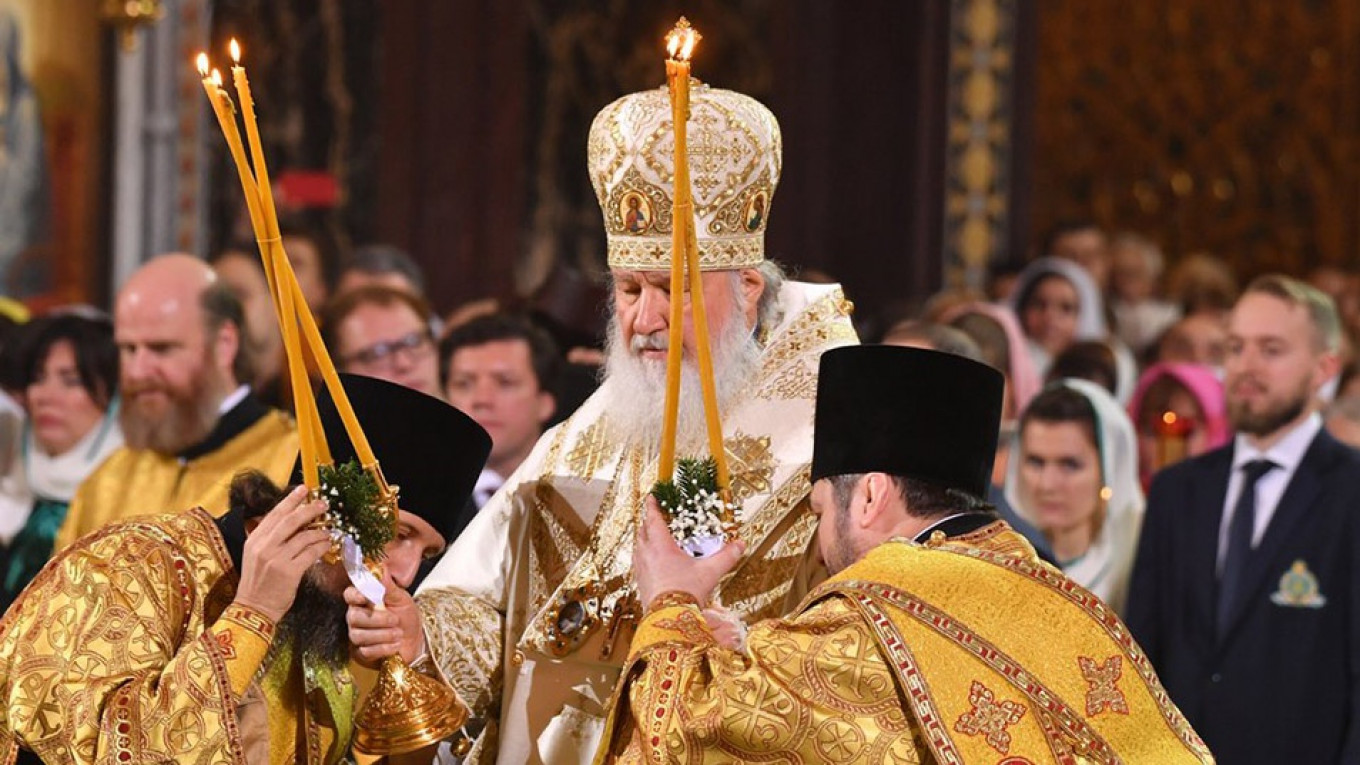




 Armenian sappers commenced on Monday mine-clearance operations in the territories adjacent to the Saint Mary Church in village of Voskepar (Armenia...
Armenian sappers commenced on Monday mine-clearance operations in the territories adjacent to the Saint Mary Church in village of Voskepar (Armenia...
 Iran and Pakistan have signed eight cooperation documents in various fields, and agreed to strengthen ties to fight terrorism in the region.
Iran and Pakistan have signed eight cooperation documents in various fields, and agreed to strengthen ties to fight terrorism in the region.
 President Aliyev emphasized the critical role of the North-South Transport Corridor in fostering transport cooperation between Azerbaijan and Russi...
President Aliyev emphasized the critical role of the North-South Transport Corridor in fostering transport cooperation between Azerbaijan and Russi...
